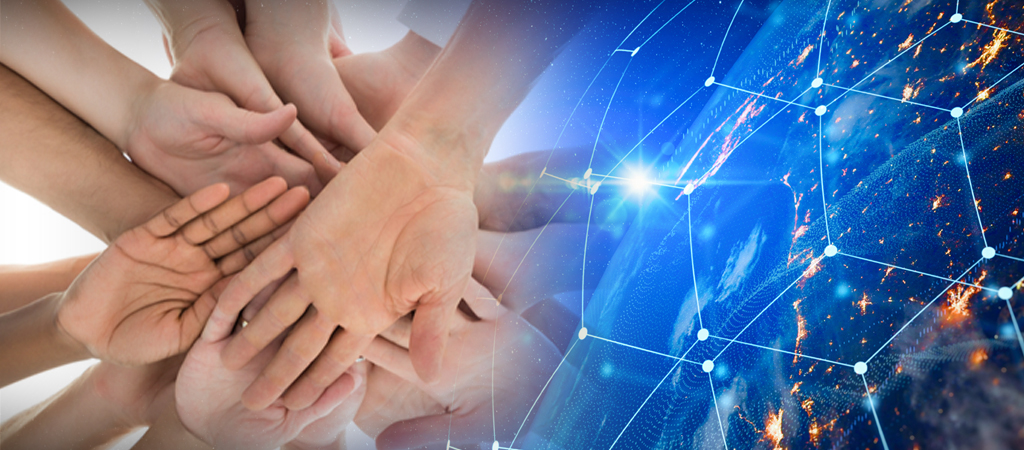When we think of psychology, it’s likely the first image that comes to mind is of a therapist in consultation with an individual patient. To explore the psychological aspects of the noosphere from a biological perspective—in keeping with Teilhard’s “plausible biological interpretation of human history” — we felt it was necessary to look at the psychology of human groups as organisms as well.
Science of the Noosphere’s David Sloan Wilson recently collaborated with
Jim Coan, one of the participants in this conversation, on a study that looked at an aspect of that psychological perspective. Titled
Groups as organisms: Implications for therapy and training, an excerpt from its abstract states:
The intellectual tradition of individualism treats the individual person as the fundamental unit of analysis and reduces all things social to the motives and actions of individuals…Multilevel selection theory offers an alternative to individualism in which individuals become part of something larger than themselves that qualifies as an organism in its own right. Seeing individuals as parts of social organisms provides a new perspective with numerous implications for improving wellbeing at all scales, from individuals to the planet.
The other participant in this conversation is
Garriy Shteynberg, who describes his academic focus thusly: “I seek to understand how and why humans socially share their worlds and minds with one another.” One of his papers is titled
Agency and Identity in the Collective Self. Below is an excerpt from its abstract:
Contemporary research on human sociality is heavily influenced by the social identity approach, positioning social categorization as the primary mechanism governing social life. Building on the distinction between agency and identity in the individual self (“I” vs. “Me”), we emphasize the analogous importance of distinguishing collective agency from collective identity (“We” vs. “Us”). While collective identity is anchored in the unique characteristics of group members, collective agency involves the adoption of a shared subjectivity that is directed toward some object of our attention, desire, emotion, belief, or action.
How does this all relate to the noosphere? In
The Formation of the Noosphere, Teilhard defines the key psychological feature that gave birth to the noosphere:
“It is generally accepted that what distinguishes man psychologically from other living creatures is the power acquired by his consciousness of turning in upon itself. The animal knows, it has been said; but only man, among animals, knows that he knows. This faculty has given birth to a host of new attributes in men—freedom of choice, foresight, the ability to plan and to construct, and many others. So much is clear to everyone. But what has perhaps not been sufficiently noted is that, still by virtue of this power of Reflection, living hominized elements become capable (indeed are under an irresistible compulsion) of drawing close to one another, of communicating, finally of uniting.”
In that passage, Teilhard elucidates a core component of humanity—our simultaneous sense of individual autonomy that coexists with our “irresistible compulsion” to communicate and cooperate to form adaptable, functional groups. Our amazing ability to cooperate so effectively has driven human cultural evolution for millions of years.
Yet unlike single cells that are part of a multicellular body, or neurons that make up a brain, humans in groups maintain their autonomy and individuality. One of the greatest points of concern when encountering the concept of a global-scale, noospheric superorganism is the loss of our freedom as individuals. Teilhard countered that concern with the argument that our freedom is actually enhanced, rather than constricted, by joining together in groups.
“I know very well that by a kind of innate obsession we cannot rid ourselves of the idea that we become most masters of ourselves by being as isolated as possible. But is not this the reverse of the truth? We must not forget that in each of us, by our very nature, everything is in an elemental state, including our freedom of action. We can only achieve a wider degree of freedom by joining and associating with others in an appropriate way.”
Understanding the noospheric implications of groups as organisms and collective agency are only two of the fascinating areas explored in the course of this conversation.
